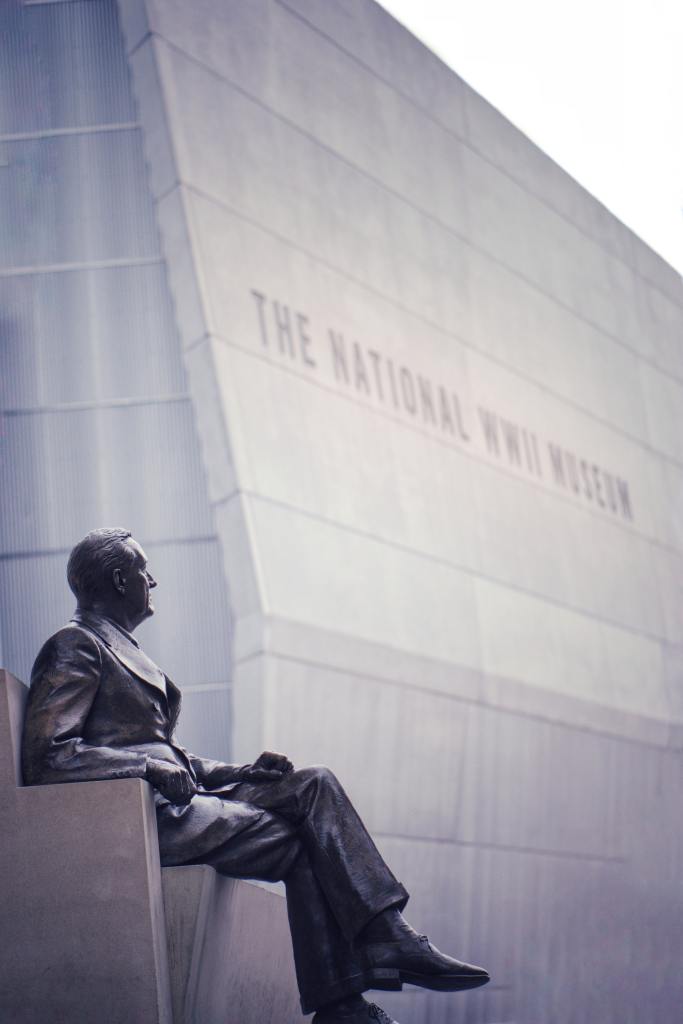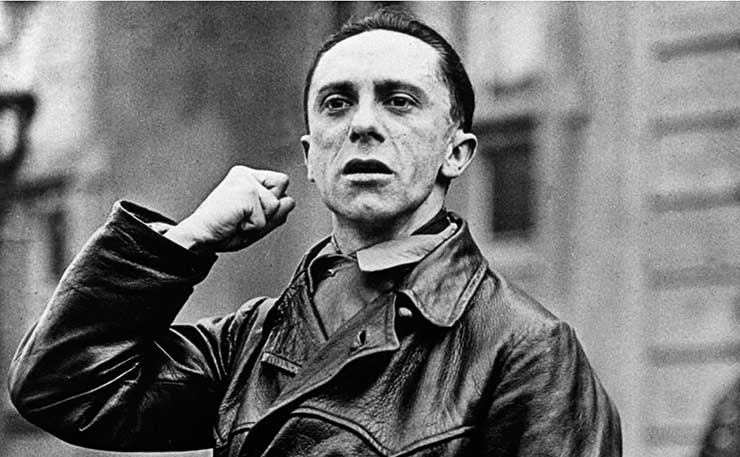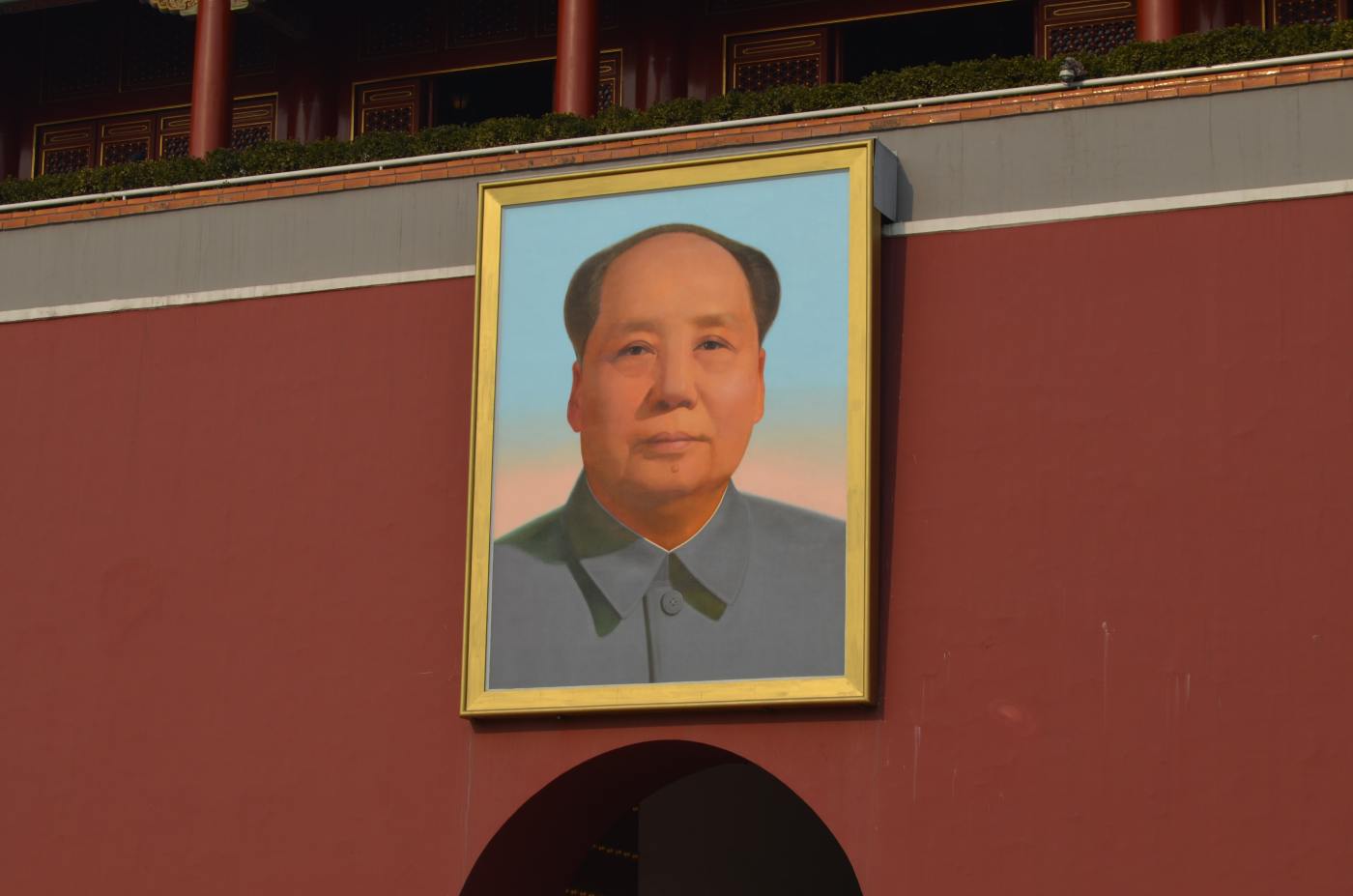The 20th Century was the media century. In 1900 to hear music or see a drama you had to go to a theatre, but by 2000 we were heading full on into the digital age, when all of us would have the opportunity to be heard far and wide. Film was followed by the phonograph then Marconi arrived to test radio in Ballycastle, and in the 50s we saw the boom in television.
None of the inventors of these technologies could have foreseen the power that they would instil in the controllers of the content, or the impact that they would have on our behaviour. Not simply that we would want access to the programmes or films, but that what we watched would change us.
One of the first examples was the worldwide fame of Charlie Chaplin, whose movies made him probably the most famous person that has ever lived. There were no language barriers, and the cinema was the only popular entertainment showing he same content world wide.
It was in the 1930s that the power was recognised, in two very different ways. In America, radio advertising and sponsorship of radio dramas, soap operas as they were called because the sponsors were washing powder brands, showed that listeners would shop for the products that were promoted most effectively. The best drama, the one most talked about, with the over dramatic storylines, broadcast daily at a regular time, would deliver the sponsors huge returns on their investment. People would do what they wanted them to. Airtime had a value. The most listened to would deliver the best results. Radio was used by President Roosevelt to host “fireside chats” with the people, to reassure them that things were getting better, that the end of the Great Depression was in sight. The politicians were getting the hang of it.

Meanwhile, in the same decade, in Germany, Joseph Goebbels had realised the power of the media. The movies, now with sound, that were made in Germany told people what to think. Speakers were positioned around the towns and cities to broadcast the propaganda, Leni Riefenstahl shot the Nuremberg Rallies, which were shown across the country. And radio was the media that Goebbels used to share Hitler’s speeches and other Nazi messaging. Their messaging was not reassuring. It was frightening. Using fear to heighten their rabid anti-Semitism, to decry the normal and drive division and hatred. That racism was not in the German DNA, it was learned behaviour. Infused in a population that was ready to blame someone, anyone for their problems. Remind you of anywhere?

As the number of TV sets grew dramatically in the 50s so did the realisation that people can be persuaded to change their behaviour by showing them ads. Add in a bit of creativity to make the spots interesting and entertaining, and you can sell your brand to more people and make more money. The value of airtime increased as demand grew. ITV (UTV in NI) is run as a market, supply and demand. Advertisers and their agencies were happy to spend more, because they saw sales rise, their brand value increase and their customers become more loyal, as long as they kept reminding them who they were.
In 1969 my Dad ran an ad for Cookstown Sausages, featuring George Best. There were two channels at the time, BBC and UTV. In three months sales went from 5 tons a week to over 100 tons a week. As a direct outcome of the power of media. In 1989 UTV held a party for McCann Erickson Belfast, which had evolved from the agency Dad had built (he didn’t own it). What was the celebration? We were the first local agency to spend £1 million with UTV in a year. Stewarts, Crazy Prices, Winemark, Nature’s Best, and many other clients, all on TV to influence consumers to buy from them. We were also spending £1,000,000 on press and radio for these and other clients. It delivered.
So when you come to the BBC and the power of the media, we are left asking, do they understand what they are doing? Does the complete separation of income from the value of airtime enable them to act without any research into the impact of their content? In Northern Ireland, where the population is divided along clear fault lines, is there not a need to determine what might result from their broadcasts? If advertising works, why would the promotion of division on the Nolan Show not stir the situation and encourage negative behavioural activity. If there is a constant level of complaining from a politician like Jim Allister, does that not leave the listener that supports him feeling more empowered, and that opposes him feel more threatened, and everyone else depressed? If you are allowed to keep repeating that the NI Protocol is a disaster, is it a surprise that listeners start to believe that? How often have we had someone telling us about the real opportunities that might arise? If the facts don’t fit we are then being sold “identity” not factual actual measurable changes?
The BBC needs to get its act together and start to realise that it cannot have power without responsibility. Media power is real. it is dangerous in the wrong hands. Why do those in other countries start their coups at the TV and radio stations? It is time for Ofcom to hold the BBC to account for the outcome and results of their broadcasts, not the ratings.


Leave a comment